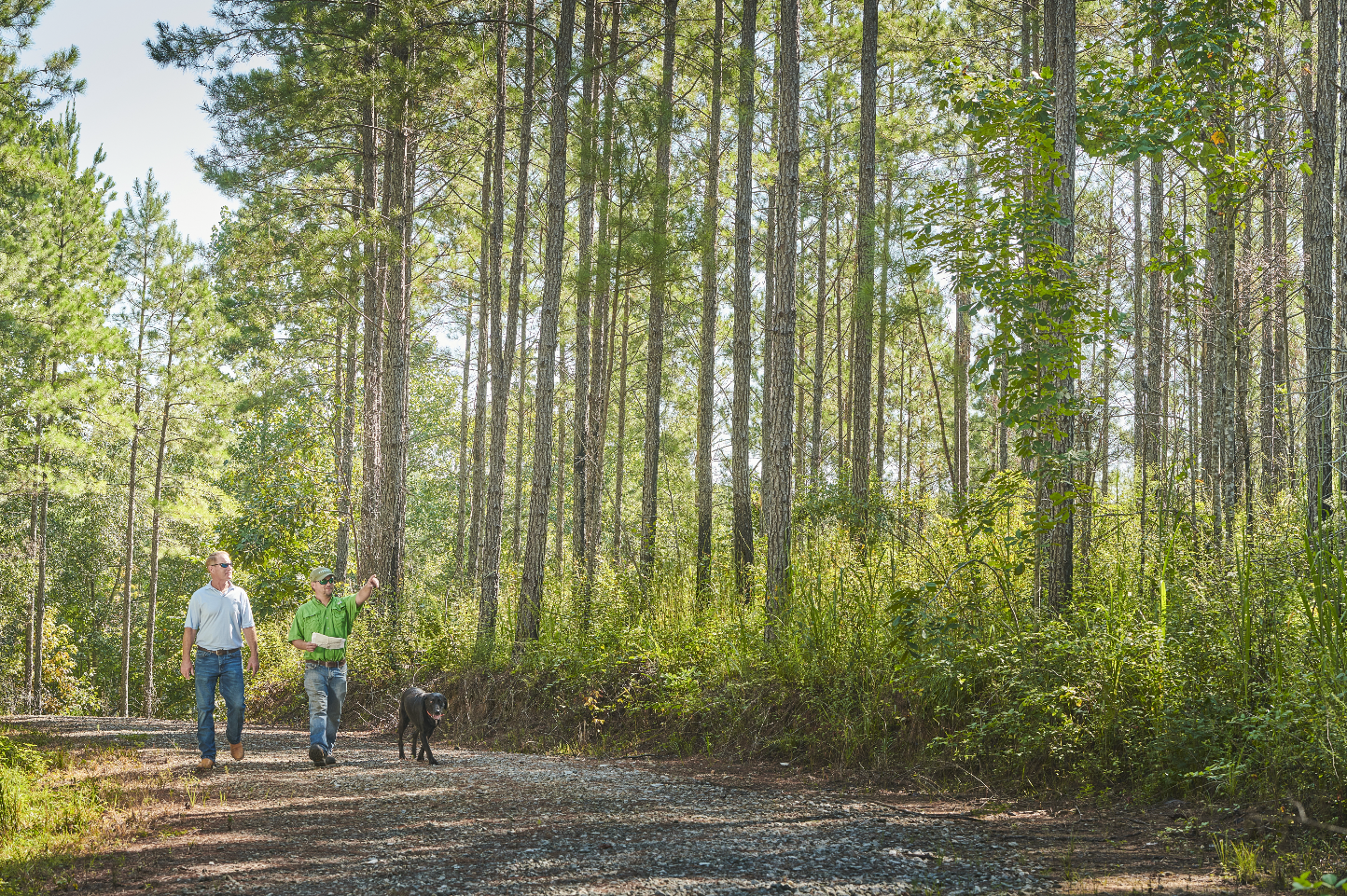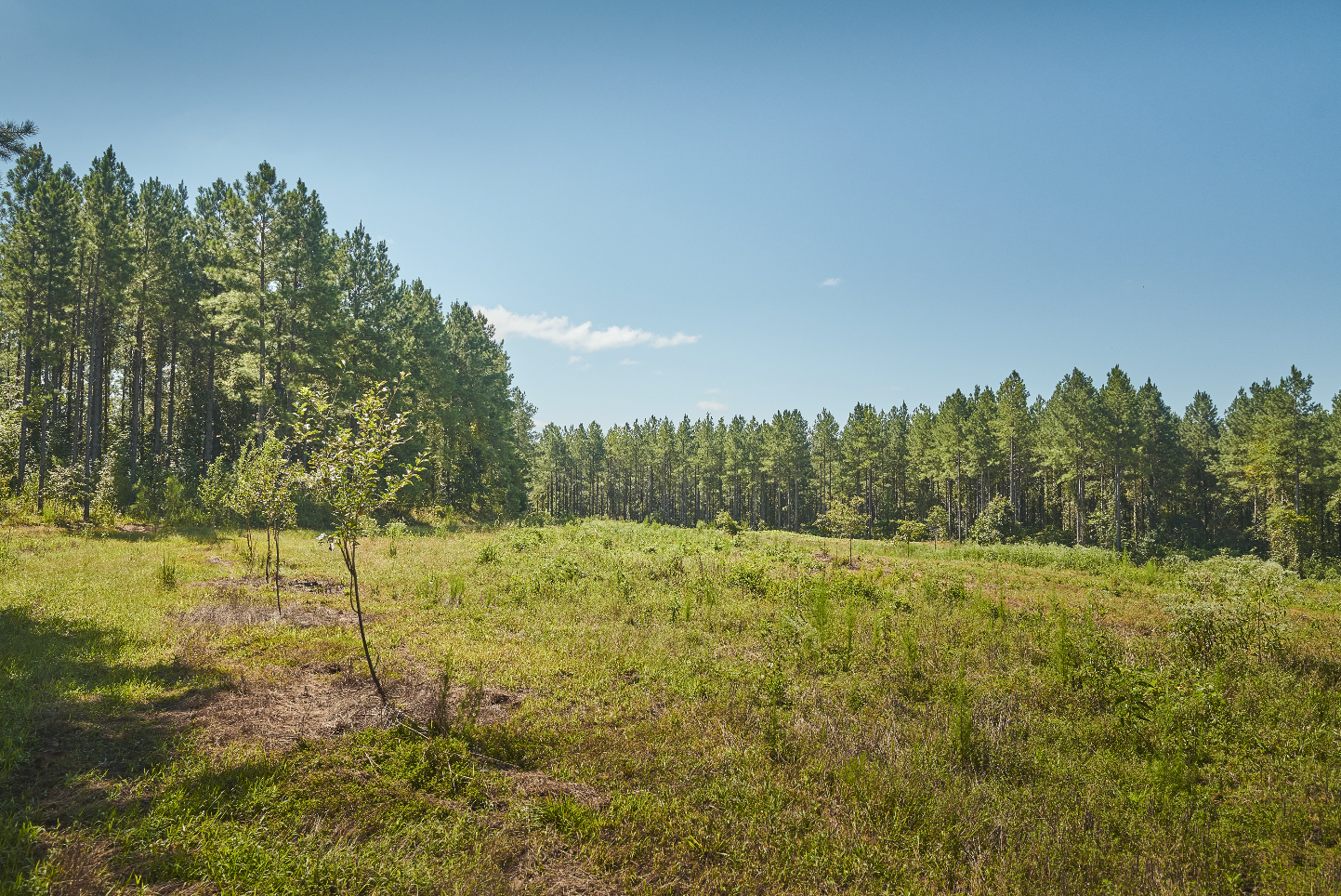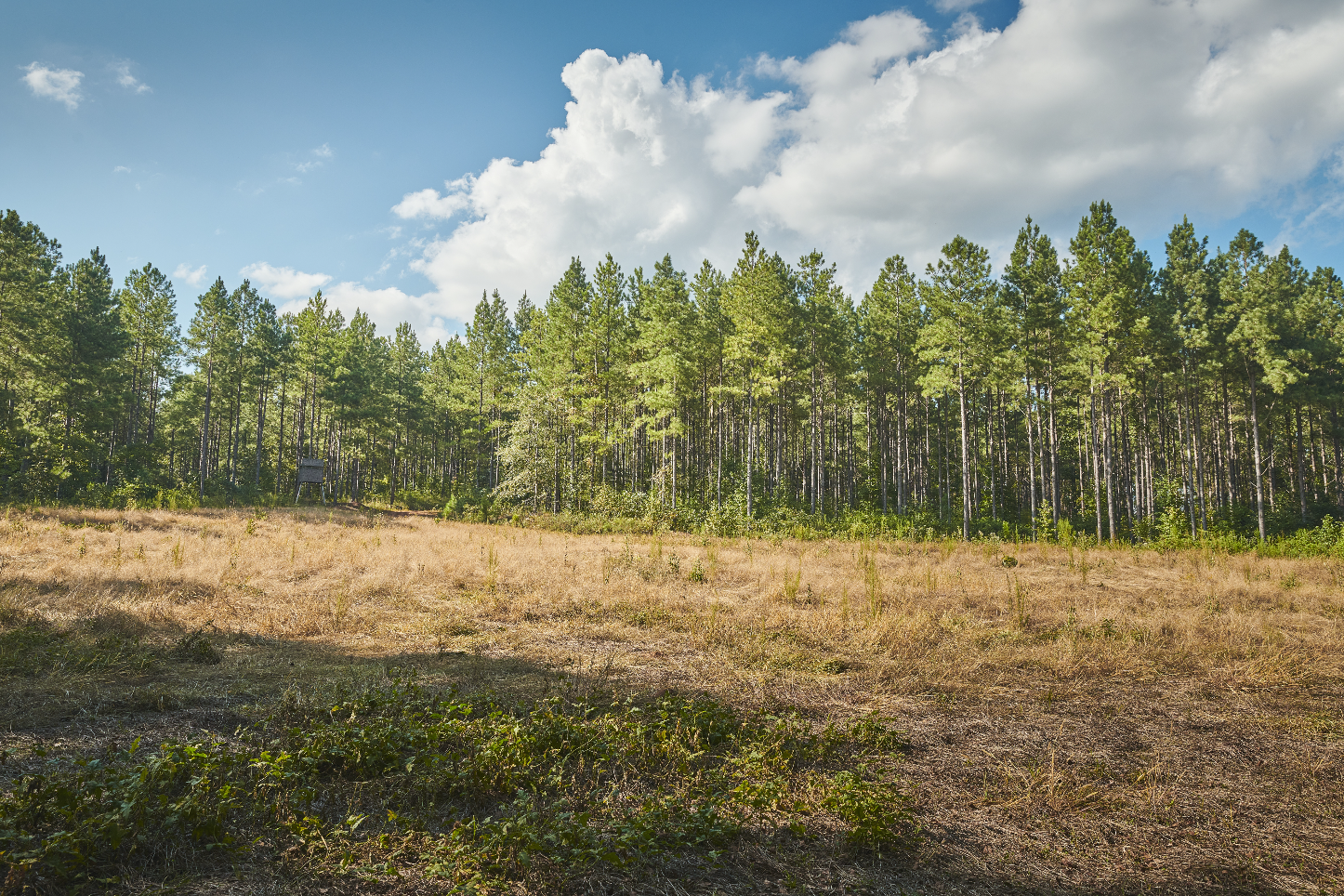Lots of folks are thinking about moving out to their own land these days, but it can be tough finding financing for your dream home. Getting a loan for a new piece of land isn’t like taking out a regular mortgage on a house. From the bank’s perspective there are several factors that make taking a loan out for raw land riskier than a typical mortgage. There are also several different types of loan offered depending on the state of the land. Land loans are also just for the land itself, not for any infrastructure or homes you plan on building, so keep this in mind when planning your budget. Buying your own land and building a brand new custom home definitely has its appeals. You get to control all the construction and planning, and at the end of the process you’ll have the perfect home right where you want it. One of the biggest differences a land loan has from a traditional mortgage is the down payment associated. Banks look at land loans as risky because it isn’t nearly as easy to recoup on a defaulted land loan. In the case of a structure, there’s collateral for the bank to fall back on, and sell, but remote parcels of land with little to no infrastructure aren’t easy to offload. This is the reason you’ll see some land loans with down payments as high as 50%. You’ll also see much higher interest rates and shorter repayment periods associated with land loans. One strategy here is to work with a local bank for funding, since they will have more interest in property nearby as opposed to a national lender.



There are 3 different grades of land loan available. The first is for raw land. This type of land loan is designed for property with little to no road access, no utility improvement, and no existing structures. This is generally the hardest type of land loan to secure and will be at the high end of the interest and downpayment range we mentioned. The next step up is for unimproved land. Generally this means the land has some access to utilities, however no power box or water main exists on the land itself. There may be limited road access, but generally there is still some infrastructure improvement necessary for the property to be construction ready. Improved land loans are considered construction ready and have access to local utilities in some fashion or another. These types of loans are going to be easier to secure, but you’re no longer seeing some of the lower costs you see with raw land. There are other ways to acquire funding for land purchases. It might be easier to secure a traditional mortgage on a property with a structure you plan to just tear down. While this might be an easier loan to get approved, you’re now looking at additional demolition costs on top of new construction. Personal loans are another avenue, but be warned the interest rates for these are considered very high when compared to a land loan or traditional mortgage. There is also a chance of working out direct financing with the seller. If you want to pursue this route and the seller is open to it, we recommend hiring a good real estate lawyer to oversee the terms of the contract. There are a few options for financing through the federal government. If you’re trying to buy land to expand a business or to start a business there are several loan options through The U.S. Small Business Administration. If you’re looking for funding for a home and you plan on making it your primary residence, the The U.S Department of Agriculture (USDA) can provide funding through their Section 523 loan. These loans are generally reserved for lower income individuals and are used for self-help housing. There is a Section 524 loan that allows a contractor to perform the construction, but it will be based on a market interest rate. You can always take out a home equity loan on property you already own, but this can be considered risky if you somehow find yourself unable to pay. The good news is there are options, they just might require a little leg work. Just remember each financing option has its pros and cons. If you’re financially stable enough to consider a new construction in a rural area then you probably have options at your disposal. We recommend starting your search local and seeing what the area banks are willing to offer you. You can always contact your local friendly land experts at Strong Lands to help you find unique and affordable land or to help you weigh your financing options.
No Comments